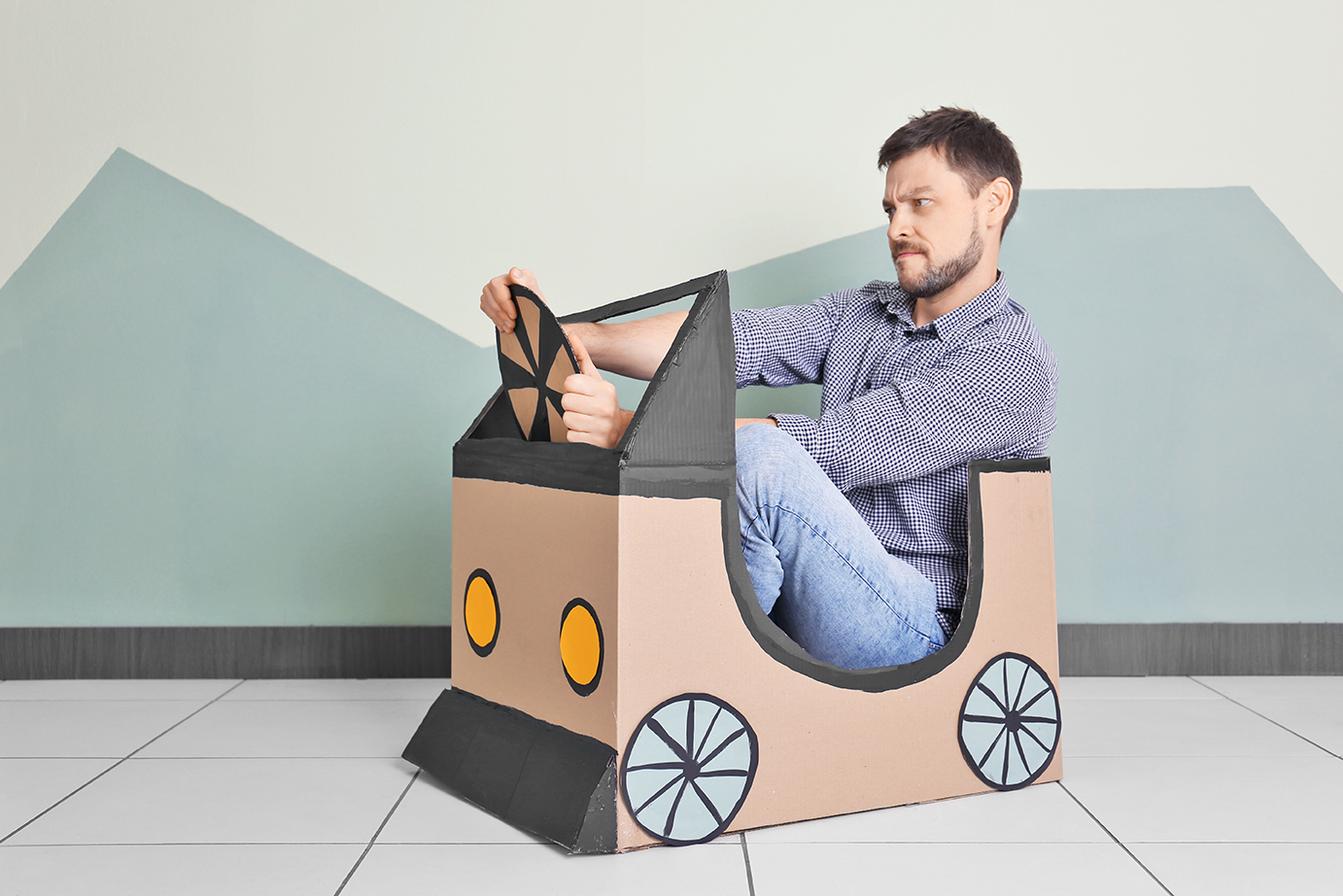Creative Play – Unproductive or Essential?

The role of play in adult health & happiness
Contrary to popular opinion, play is not just only an essential part of development for children and teens. Adults of all ages can benefit from creative play as it can serve as both a source of relaxation and brain stimulation.
The function of creative play is vital to child development as it can shape their behaviour in later life:
- Creative Play can improve and fine-tune our gross motor, promoting connectivity in the frontal lobe, which plays a critical role in planning and decision making.
- Creative play improves intelligence, learning, and memory – Studies have shown significant relationships between play and divergent thinking, which is our ability to explore the various possible solutions for any given scenario.
- Creative play stimulates creativity and imagination, helping individuals discover innovative methods and approaches to having a more spontaneous, and entertaining outlook on life.
- Creative play develops the brain’s executive functions; how we plan, organize and focus. Executive function allows us to learn from our past experiences to understand what to do in the present, with various studies demonstrating its importance in improved academic function and lifelong success.
- Play is Vital for Improved Cognitive Development as well as developing social skills, problem-solving, and academic success (i.e., math, science, and literacy).
But what does this mean for adults?
While play is crucial in the early stages of child development, studies have also shown how it is beneficial for people of all ages, both physically and mentally.
Playing and laughing more for adults can tackle stress as it triggers the release of the feel-good hormone endorphins. It also facilitates happiness, wards off depression, and lowers the risk of developing age-related diseases. Play can also improve our body’s vitality, increasing our energy levels and improving cognitive health.
Additional benefits also include improving our verbal communication, which can in turn help us develop stronger relationships due to an increased level of cooperation and collaboration. Research has also found that creative play can serve to enhance empathy and increase your emotional intelligence. Developing a playful nature can assist you to relax, helping you rest and reset to consider creative solutions.
As we reach the joys of adulthood, play is often considered unproductive or even a ‘guilty pleasure’, but the reality is very different. Creative play can facilitate personal development and adaptive pathways in goal achievement. So don’t let preconceived notions of play hold you back, make time for yourself and add a little more play in your life and see how it can benefit you.
Other Articles You May Be Interested In
MXB Agency’s 5 Award Wins at the NI Social Media Awards 2023
It was a 5* night for us at the Northern Ireland Social Media Awards, picking up the…
Moved Us On a Monday: ‘Protect our Protectors’
Here’s a stat to stop you in your tracks on a Monday; the ‘US wildfire season now…
Moved Us On A Monday: Britain, Get Talking
A long time ago a famous BT campaign told us that ‘It’s good to talk’. And as…
Team Culture: How It’s More Important Than Ever
The buzzword for companies since 2017, a team or workplace culture is the living, breathing proof that…
Creatively Challenging Work Norms
While initially, you may be apprehensive about bringing your children into the office, allowing your worlds to…
A Mother is a Walking Miracle
This Mother’s day I wanted to celebrate and acknowledge the miracles within our team. The Mums at…
Creative Play – Unproductive or Essential?
Contrary to popular opinion, play is not just only an essential part of development for children and…
Rounding Up On 2021; The Only Constant is Change
As the agency is rounding up client briefs and knee deep in strategy and planning for 2022,…





